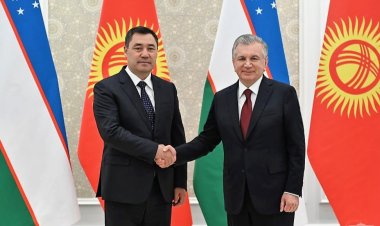Kyivstar, Starlink bring satellite cell service

Ukrainian telecom giant Kyivstar has partnered with Starlink to introduce groundbreaking direct-to-cell satellite connectivity, marking Ukraine as one of the first nations globally to implement this technology. The announcement came from VEON, Kyivstar's parent company, detailing plans to launch messaging services by late 2025, with voice and data capabilities to follow.
The innovative service will enable smartphones to connect directly to satellites equipped with specialized modems, functioning similarly to traditional cell towers. This development is particularly significant as Ukraine will become the first conflict zone to receive this technology, expanding upon Starlink's existing crucial role in providing internet connectivity to the nation and its military forces.
SpaceX's Starlink has already established similar direct-to-cell service agreements in eight other countries, including the United States, Japan, and New Zealand. The expansion into Ukraine comes despite ongoing challenges, as Russian forces have intensified efforts to disrupt Starlink satellite signals in Ukrainian territory since 2022.
While financial terms remain undisclosed, the partnership represents a strategic move to enhance communication infrastructure in Ukraine. The timing coincides with increased engagement between Starlink's owner, Elon Musk, and the incoming Trump administration regarding Ukraine strategy, including recent discussions with President-elect Trump and Ukrainian President Zelenskyy.
The technology promises to provide more resilient communication options for Ukrainians, potentially circumventing traditional infrastructure vulnerabilities in conflict zones. This development could significantly impact both civilian communications and military operations, though specific implementation details remain under wraps.
As Ukraine continues to face communication challenges amid ongoing conflict, this satellite-to-phone service represents a potential game-changer in maintaining connectivity, particularly in areas where traditional infrastructure may be compromised or unavailable.















